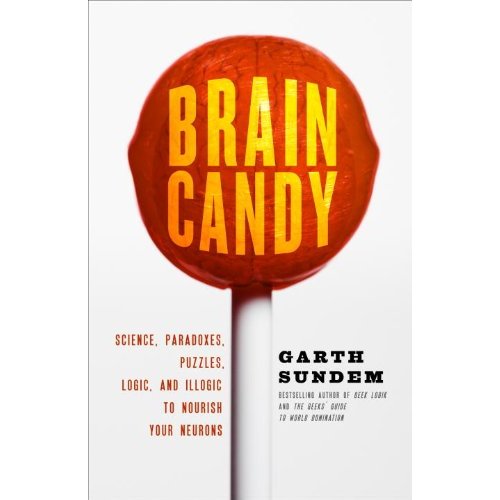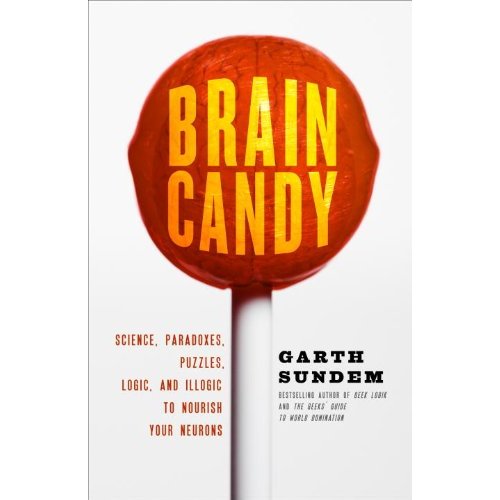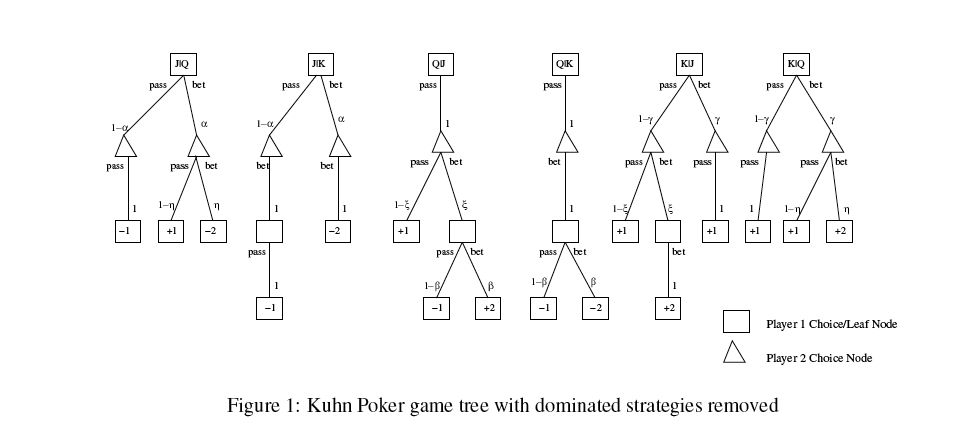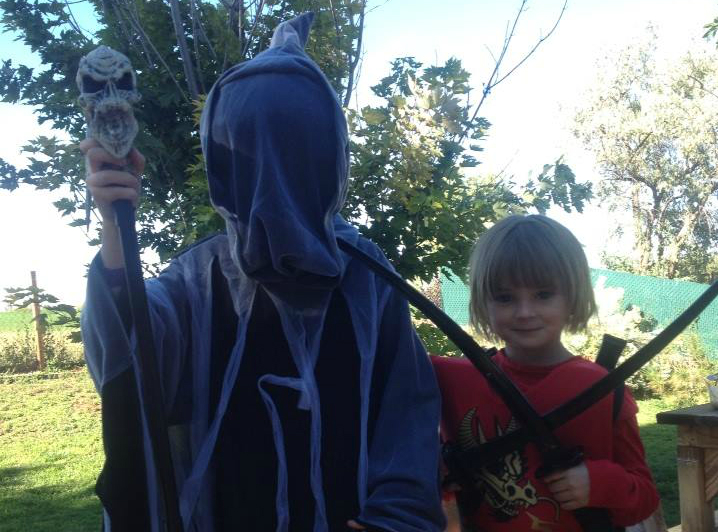 Attachment Research Says It's Okay To Throw Pine Cones At Your Kids
Attachment Research Says It's Okay To Throw Pine Cones At Your KidsI was at the park the other day throwing pinecones at my kids when a horrified mother asked, ...
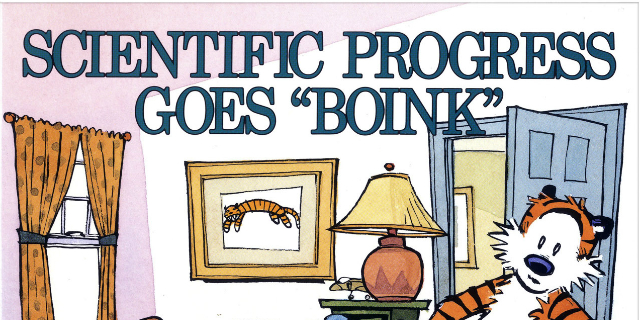 Why Calvin's Dad Rocks At Explaining Science To Children
Why Calvin's Dad Rocks At Explaining Science To ChildrenGary Larson tapped into the universal absurd. Charles Schulz helped us identify with the underdog...
 A New Kind Of Reward Teaches Intrinsic Motivation
A New Kind Of Reward Teaches Intrinsic MotivationI would like for my son, Leif, to play the violin. I’m a serious ex music geek and so in addition...

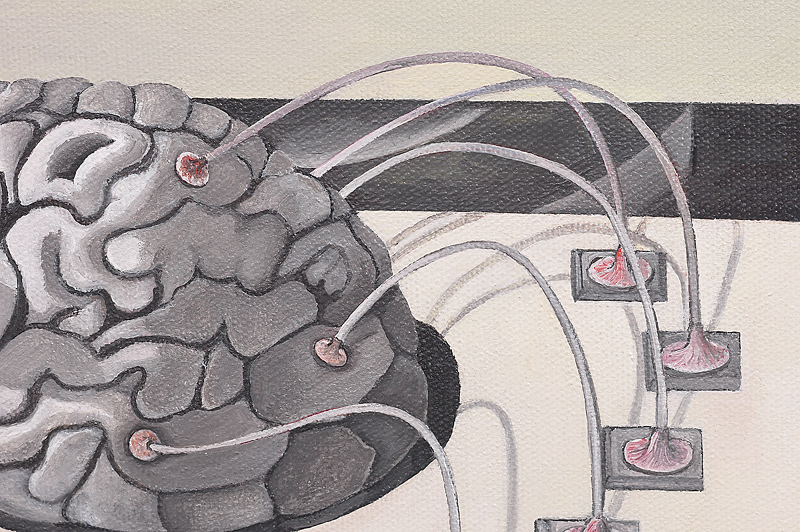


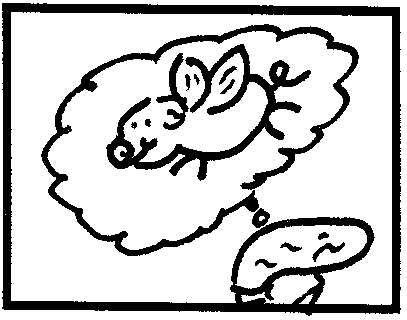
 Yesterday I posted about how Elizabeth Loftus is able to Jedi mind trick our interpretations of memories, but what about creating entirely new memories?
Yesterday I posted about how Elizabeth Loftus is able to Jedi mind trick our interpretations of memories, but what about creating entirely new memories? 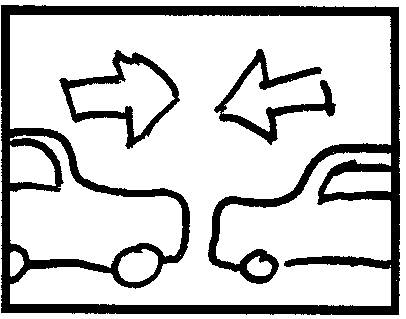
 In the next three days, I'll out the work mostly of Elizabeth Loftus, who describes how and when our memories misfire—in cool and interesting ways—ways, you can use to create the realities you want in unsuspecting friends and family.
In the next three days, I'll out the work mostly of Elizabeth Loftus, who describes how and when our memories misfire—in cool and interesting ways—ways, you can use to create the realities you want in unsuspecting friends and family. 